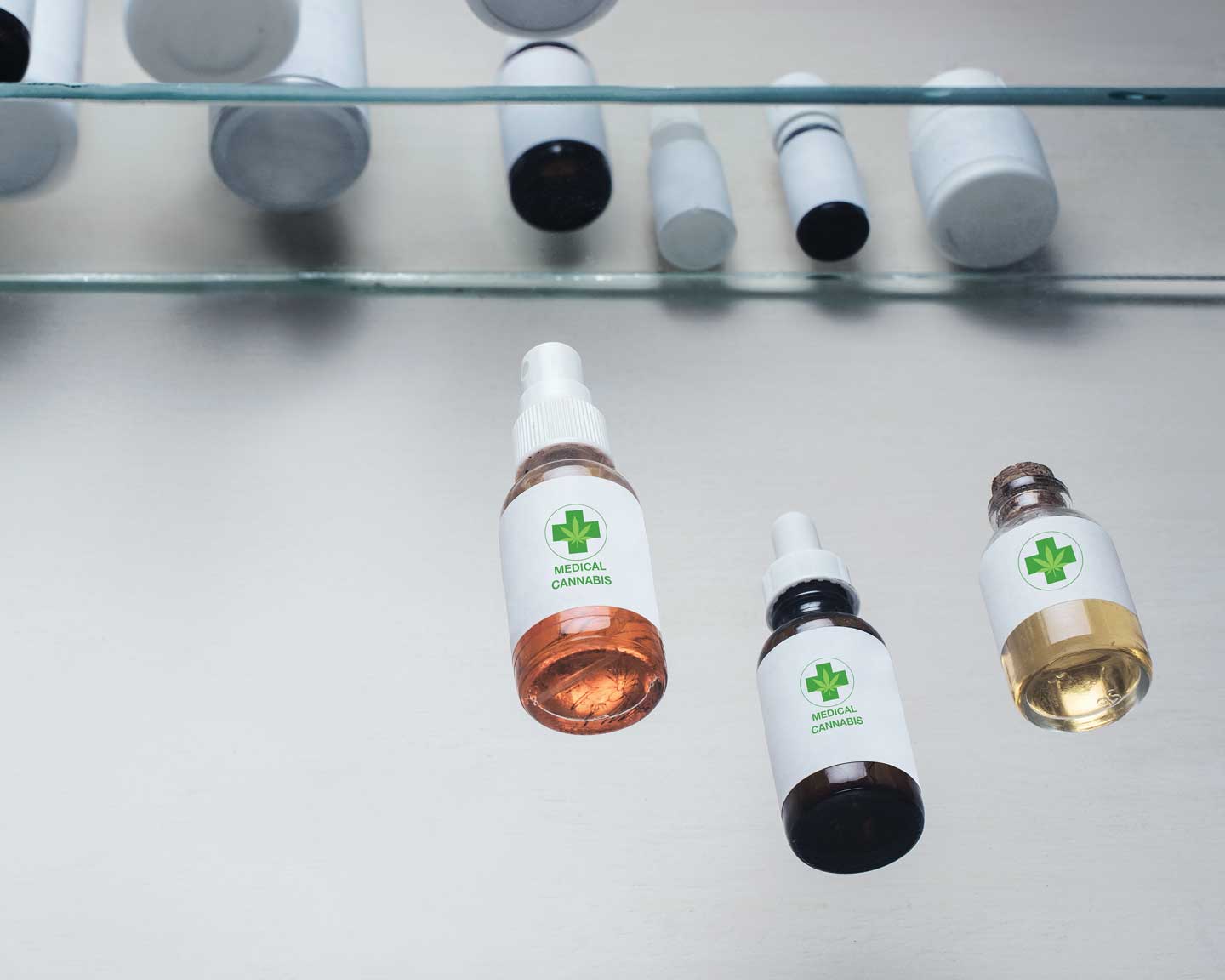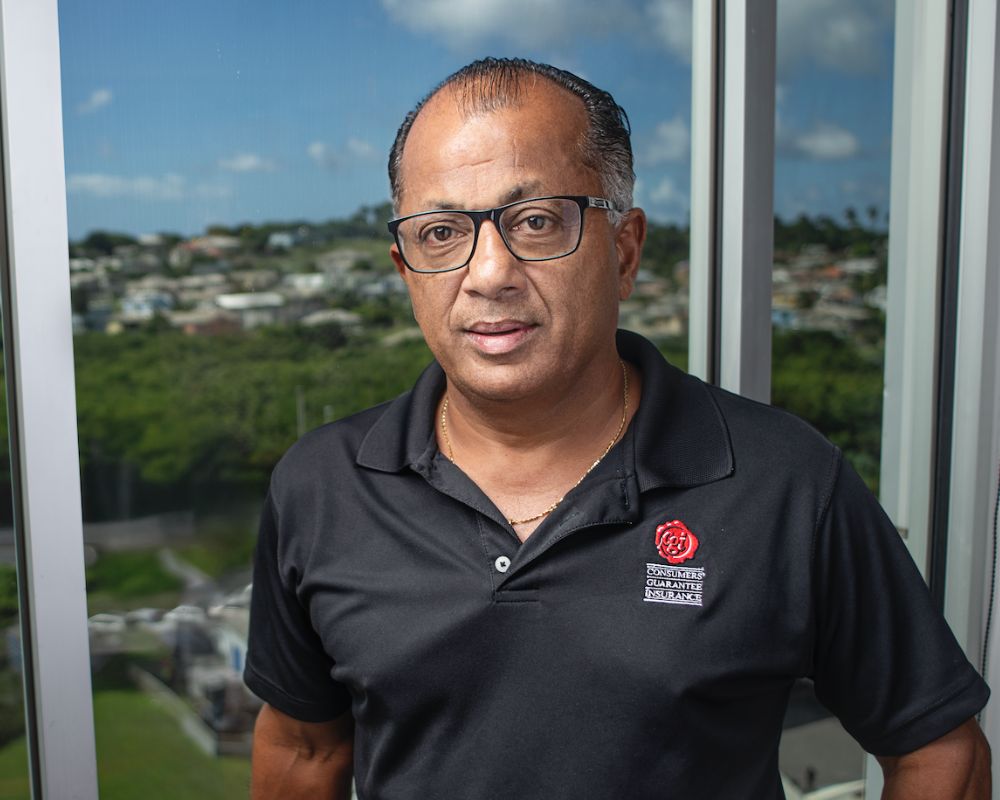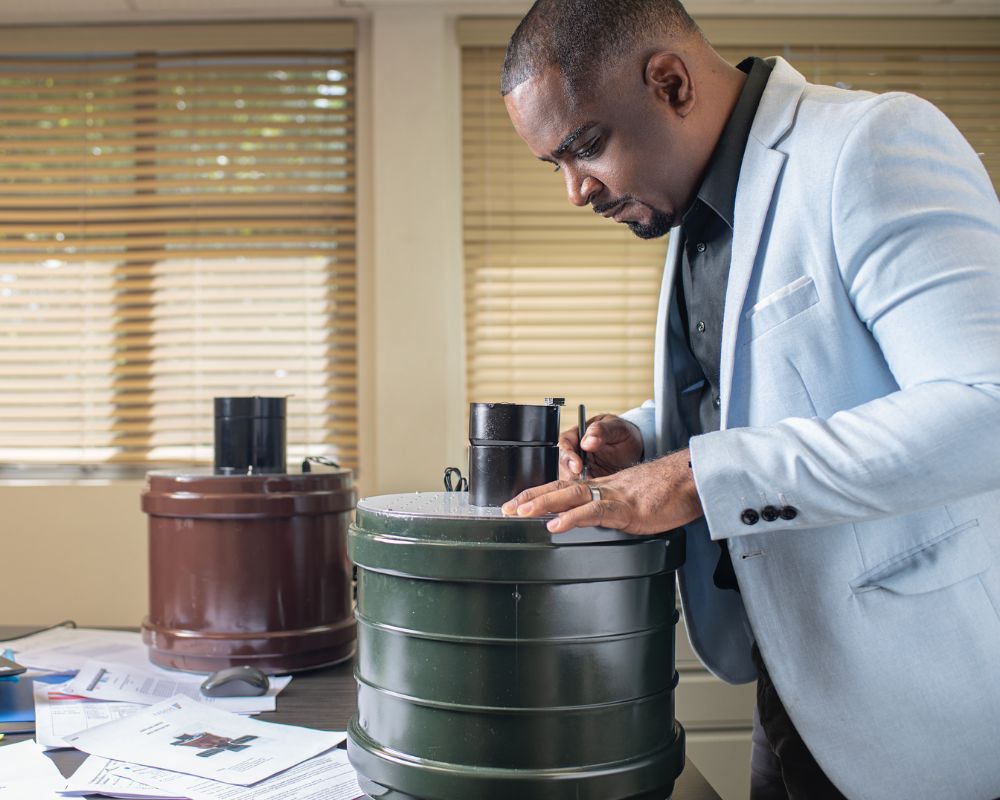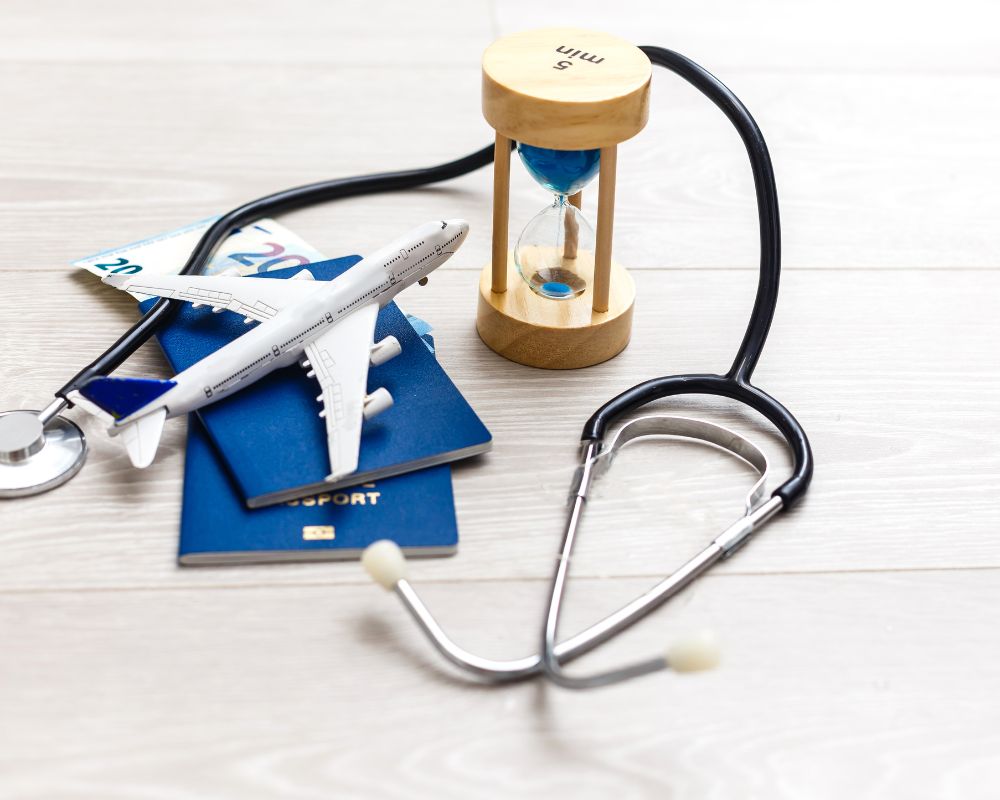
Prime Minister Mia Amor Mottley and her government are working on a framework for the legalization of medicinal cannabis in Barbados. Ms. Mottley has noted Barbados can no longer afford to miss out on the emerging, multi-billion-dollar global cannabis industry.
The legalization of medicinal cannabis marks a significant transition for a conservative Barbadian society. However, to maximize Barbados’ global market share and overall impact of the cannabis market, the government will need to complete proper due diligence, which includes considering social opposition, sensitization process and socio-economic factors. Nevertheless, this dynamic and sophisticated sector can be a catalyst in creating new jobs, new opportunities for local businesses and new revenues for the government. The legalization of medicinal cannabis also presents great opportunity for international investors.
...this dynamic and sophisticated sector can be a catalyst in creating new jobs, new opportunities for local businesses and new revenues for the government. The legalization of medicinal cannabis also presents great opportunity for international investors.
Local Sector Creation
The Barbados business sector is poised to experience significant positive disruption should the cannabis industry and all its potential for Barbados be embraced. It can create new opportunities for research, cultivation, manufacturing, exportation and quality control standards. As cannabis legislation continues to evolve, there is a greater need for quality control. There is currently no standard body for governing and stipulating the quality control and assurance requirements; however, this presents an opportunity for the Barbados government to partner with and involve best-in-class companies and talent in cannabis quality control.
Barbados has hectares of unused or underutilized land, which could become the main vehicle for extensive cultivation and manufacturing of cannabis and cannabis by-products in Barbados. The University of the West Indies has established the Cannabis Research Group to cultivate cannabis for research purposes and is set to establish an institute to coordinate research efforts on medicinal and commercial products of cannabis.
Legalization presents an opportunity for Barbados to globally leverage research strengths and become a leading global authority on cannabis quality control and assurance. In many countries where medicinal cannabis is legalized, governance bodies are already in place in response to the need for global standards. In 2015, Jamaica created the Cannabis Licensing Authority to establish and regulate Jamaica’s legal cannabis and hemp industry. While in Canada, approximately $800 million was spent on medical cannabis in 2018.
These opportunities not only represent Barbados’ ability to compete as a global player, they also support the requirements for attracting and sustaining high quality local and foreign investment.
International Sector Creation
Specifically, in the international sector, there is potential for the cannabis business to strive. Barbados is recognized as a global hub for international business because of its attractive tax incentives, compliance with international best practices and standards, and skilled labour force in providing weightless professional services. Barbados has a wide double-taxation treaty network and is recognized as a transparent jurisdiction for international business with procedures for information exchange and disclosure. There are 31 concluded treaties that allow foreign investors in the international cannabis sector to access certain treaty incentives. The island also offers competitive tax rates for businesses at 5.5 % to 1 %, as compared to its Caribbean neighbours: Jamaica (25%), St. Vincent(16%) and Antigua (25%). Notably, these three territories were among the first in the Caribbean to have passed cannabis legislation.
The international business regime in Barbados is well-established to host international entities which are a part of the medicinal cannabis industry. International entities seeking to register cannabis entities in Barbados are required to meet the economic substance guidelines These guidelines can be beneficial to cultivators, manufacturers and the general labour force through the transfer of knowledge, thereby improving the skills of the local workforce. At the same time, cannabis business can be beneficial to incoming international entities as they can access the highly-skilled and well-rounded labour force.
In addition to quality control involvement as aforementioned, strong strategic partnerships between the government and experienced investors with knowledge of the sector can be beneficial to both parties in terms of business facilitation and the development of human capital.
Other Considerations
There are several other considerations that need to be thought out. With Canada being the first G7 nation to fully decriminalize the use of cannabis, Barbados can make efforts to utilize available resources, such as working groups and accounting or consulting firms. Deloitte, a global leader in the Cannabis Sector, issued a 2018 Cannabis Report, in which several considerations are applicable to Barbados. This report notes that the legalization of cannabis, whether for medicinal purposes and/or recreational, is a complex effort, whereby the needs of diverse stakeholders must be delicately balanced. Public safety –from a health, security and justice perspective – is paramount. At the same time, there is a strong desire to foster innovation and entrepreneurship across CARICOM and to show the world that a well-regulated, well-run, highly professional cannabis industry can be a positive contributor to a national economy.
Barbados will also have to strongly consider correspondent banking relationships. As countries push to decriminalize cannabis, it can be an opportunity to reinforce Barbados as a global hub for cannabis companies, with the ability to pay dividends and interest to global foreign companies with no issues from respective governments or central banks. On the other hand, countries like the United States, where cannabis remains a federally illicit substance, could face banking issues, as profits from cannabis are viewed to be derived from unlawful activities and rejected by a correspondence bank.
Conclusion
The globalization of cannabis has caught on around the world. For those stakeholders involved, there will be continued lessons to be learned. As Barbados embarks on the first steps into the legalization of medicinal cannabis, there will be several opportunities for revenue growth, collaboration with neighbouring islands and building relationships with global cannabis professionals and entities.

















